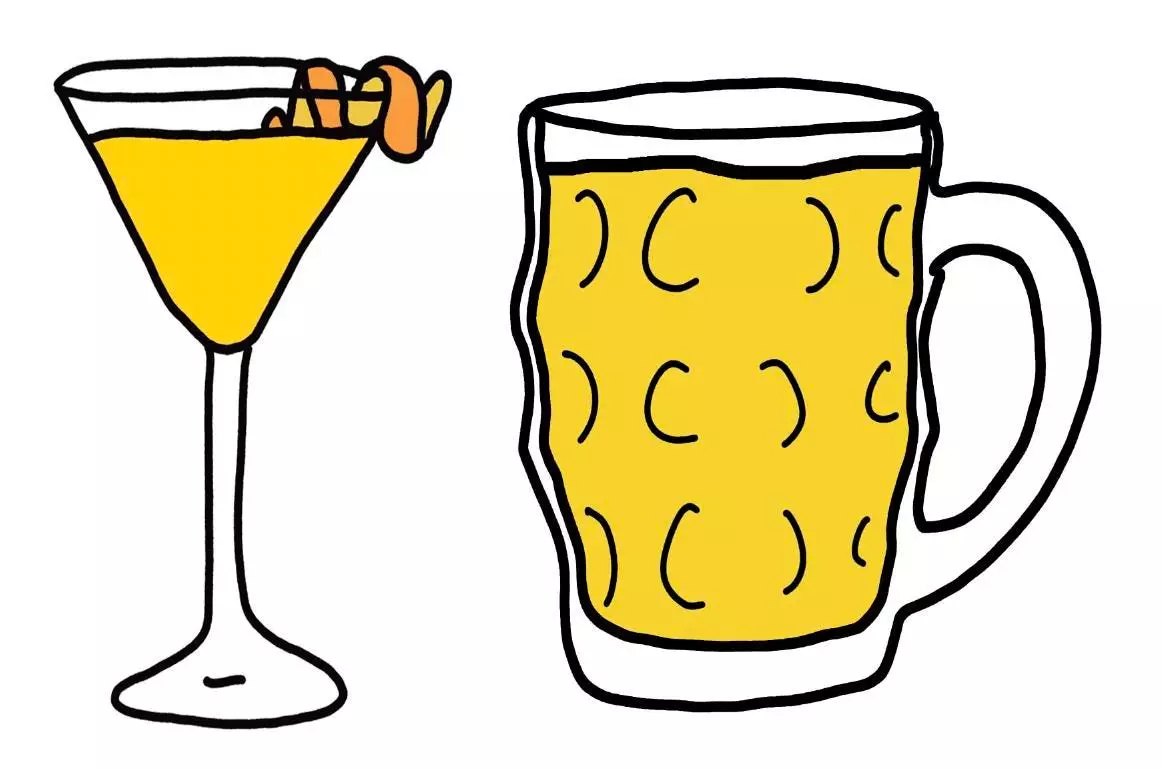For many, beer is simply a beverage for casual gatherings, tailgates, or complementing comfort foods. However, this perception profoundly underestimates beer’s versatility and gastronomic potential. When viewed through a creative lens, beer transforms into a fundamental ingredient that can elevate cocktails from mundane to extraordinary. Its diverse flavor spectrum—from bready malts and citrusy hops to sour lambics—opens an entire universe of possibilities for bartenders and home mixologists alike. Beer’s complex profile lends itself to experimentation, inviting us to reconsider what a cocktail can be and how beer can serve as a dynamic enhancer rather than just a standalone drink.
Understanding Beer’s Intricacies for Better Pairings
To harness beer’s full potential in mixology, a thorough understanding of its nuances is essential. Each style of beer offers distinct characteristics: a crisp, bitter IPA can add a refreshing punch; a sweet wheat beer contributes smoothness and aroma; sour beers like Berliner Weisse bring tang and complexity. With knowledge of alcohol content, flavor profile, and carbonation levels—and how these elements interact with spirits, juices, and syrups—drink creators can craft balanced and innovative cocktails. For instance, a high-alcohol barleywine might serve as a robust base for a rich, dessert-like drink, while a lightly carbonated saison can introduce a delicate effervescence that lifts a drink’s aroma and mouthfeel.
Mastering the Art of Beer in Cocktails
Using beer in cocktails is both an art and a science. It demands a keen sense of flavor harmony—balancing bitterness with sweetness, acidity with carbonation, and intensity with subtlety. Bartenders should consider the purpose of the beverage—whether it’s a light spritz, a warming sipper, or a celebratory punch. The addition of beer should not overshadow other ingredients but instead enhance and complement them. For example, American hop beers with citrus notes can amplify fruit-forward cocktails, while sour beers can underscore tart components like lime or berry. The carbonation level also plays a strategic role; bubbly beers can add texture and visual appeal, making the drink more refreshing and lively.
Innovative Applications and Crowd-Pleasing Ideas
The rise of craft beer has made it possible to move far beyond traditional beer-and-ale pairings. Today, mixologists experiment with non-alcoholic beers to craft mocktails, broadening inclusivity without sacrificing flavor. Beer cocktails can also be customized to suit different occasions—serving as a casual drinking option during concerts or as sophisticated concoctions in upscale bars. One example is crafting a tropical beer-based punch with lychee and lime, blending the sourness of Berliner Weisse with fresh fruit flavors. Such drinks balance refreshment and sophistication, demonstrating that beer’s role in cocktails is limited only by imagination.
The Power of Simplicity and Batch Potential
One of beer’s greatest strengths in cocktail crafting is its adaptability for large-scale preparation. Simple recipes like the “Grapefruit Beer Highball” or “Tropical Beer Punch” combine easy-to-source ingredients for effortless batch serving. These cocktails are not only crowd-pleasers but also allow hosts and bartenders to experiment with different beer styles, creating signature drinks that stand out. The beauty of beer-based cocktails lies in their flexibility—adjusting proportions and ingredients can produce vastly different results, giving both seasoned professionals and home enthusiasts a playground of inventive possibilities.
The Future of Beer in Mixology
There’s an undeniable renaissance happening around beer cocktails. As consumers become more adventurous and the craft beer movement continues to flourish, the integration of beer into cocktail menus becomes not just a novelty but a key trend. Bartenders who embrace this can differentiate themselves, offering unique drink experiences that resonate with a modern palate seeking complexity and novelty. Moreover, with the surge of non-alcoholic beer options, new frontiers emerge in creating flavorful, inclusive beverages that can be enjoyed by everyone. The future of mixology is undeniably intertwined with beer’s rich tapestry of flavors, textures, and aromas—ready to be unlocked by those willing to explore its depths.

